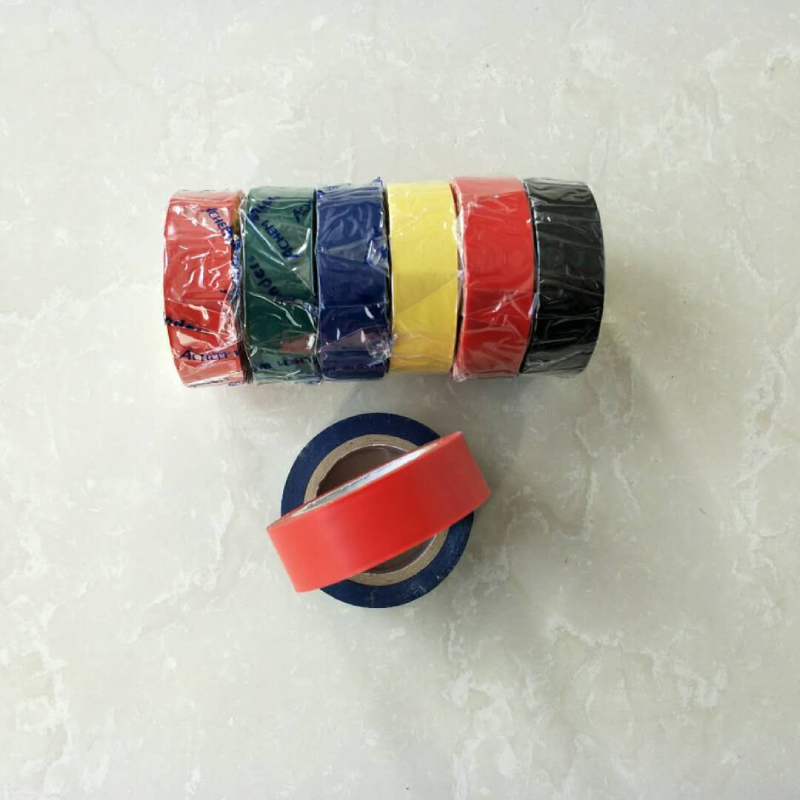The Advantages of Self-Annealing Tape in Modern Applications
In recent years, self-annealing tape has gained significant attention in various industries, including electrical, automotive, and aerospace. This innovative product has transformed the way professionals approach insulation, repair, and protection of components. With its unique properties, self-annealing tape addresses many challenges associated with traditional insulation methods.
Self-annealing tape is characterized by its ability to bond to itself without the need for adhesives or additional heat. This quality allows it to form a strong, waterproof seal that effectively insulates electrical components and protects them from environmental factors. The tape is composed of advanced polymer materials that provide excellent durability and resistance to various chemicals, making it ideal for use in demanding conditions.
The Advantages of Self-Annealing Tape in Modern Applications
Moreover, self-annealing tape is highly versatile. It can be used on a wide range of surfaces, including metals, plastics, and composites. This makes it suitable for various applications, such as insulating wire connections, repairing hoses or pipes, and protecting sensitive components from moisture and dust. Its flexibility allows it to adapt to irregular shapes, making it an excellent choice for both simple and complex repairs.
self annealing tape

In the electrical sector, self-annealing tape has become an essential tool for technicians and engineers. It provides reliable insulation for electrical wires and connectors, reducing the risk of short circuits and electrical failures. The tape's supreme dielectric properties further enhance its effectiveness, ensuring that electrical systems operate safely and efficiently. Additionally, its resistance to extreme temperatures means it can be used in a variety of environments, from frigid winter conditions to high-heat industrial applications.
The automotive industry has also embraced self-annealing tape for its repair and maintenance solutions. Mechanics use it to reinforce hoses, protect wiring harnesses, and insulate sensitive components from heat and moisture. The tape's ability to create a robust seal ensures that repairs last longer compared to traditional methods, minimizing the need for frequent maintenance.
In the aerospace sector, where safety and reliability are paramount, self-annealing tape has found its place in the repair kits of aircraft. It helps seal fuel lines, insulate electrical systems, and protect critical components from extreme weather conditions. Given the rigorous standards of the aerospace industry, self-annealing tape's strength and reliability make it a preferred choice among engineers and technicians.
In conclusion, self-annealing tape offers a range of benefits that make it an essential tool across multiple industries. Its ability to provide reliable insulation, ease of application, versatility, and durability positions it as a superior alternative to traditional insulation methods. As technology continues to advance, we can expect self-annealing tape to evolve further, paving the way for more innovative solutions in insulation and repair. Whether in electrical applications, automotive repairs, or aerospace maintenance, self-annealing tape exemplifies how modern materials can enhance efficiency and safety in our everyday practices.
-
Premium Self Amalgamating Tape for Waterproof Electrical SealingNewsAug.31,2025
-
Self Amalgamating Tape: Waterproof Electrical Insulation & SealingNewsAug.30,2025
-
Self Amalgamating Tape: Waterproof Electrical & Pipe SealNewsAug.29,2025
-
Medium Voltage Fusion Tape | Self-Fusing Electrical InsulationNewsAug.28,2025
-
Butyl Rubber Tape for Ventilation PipesNewsAug.22,2025
-
Flex Tape Waterproof for Underground CablesNewsAug.22,2025
